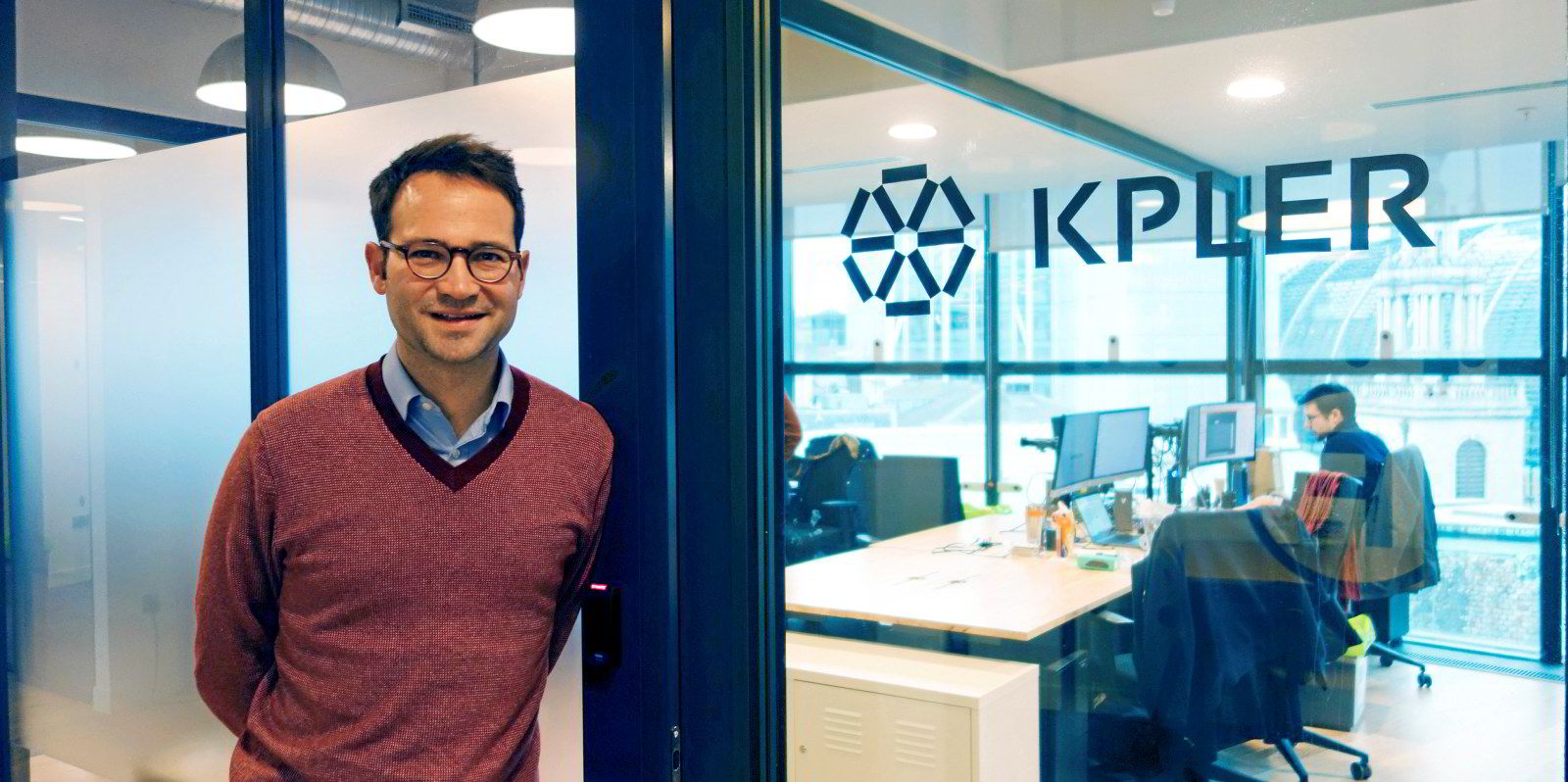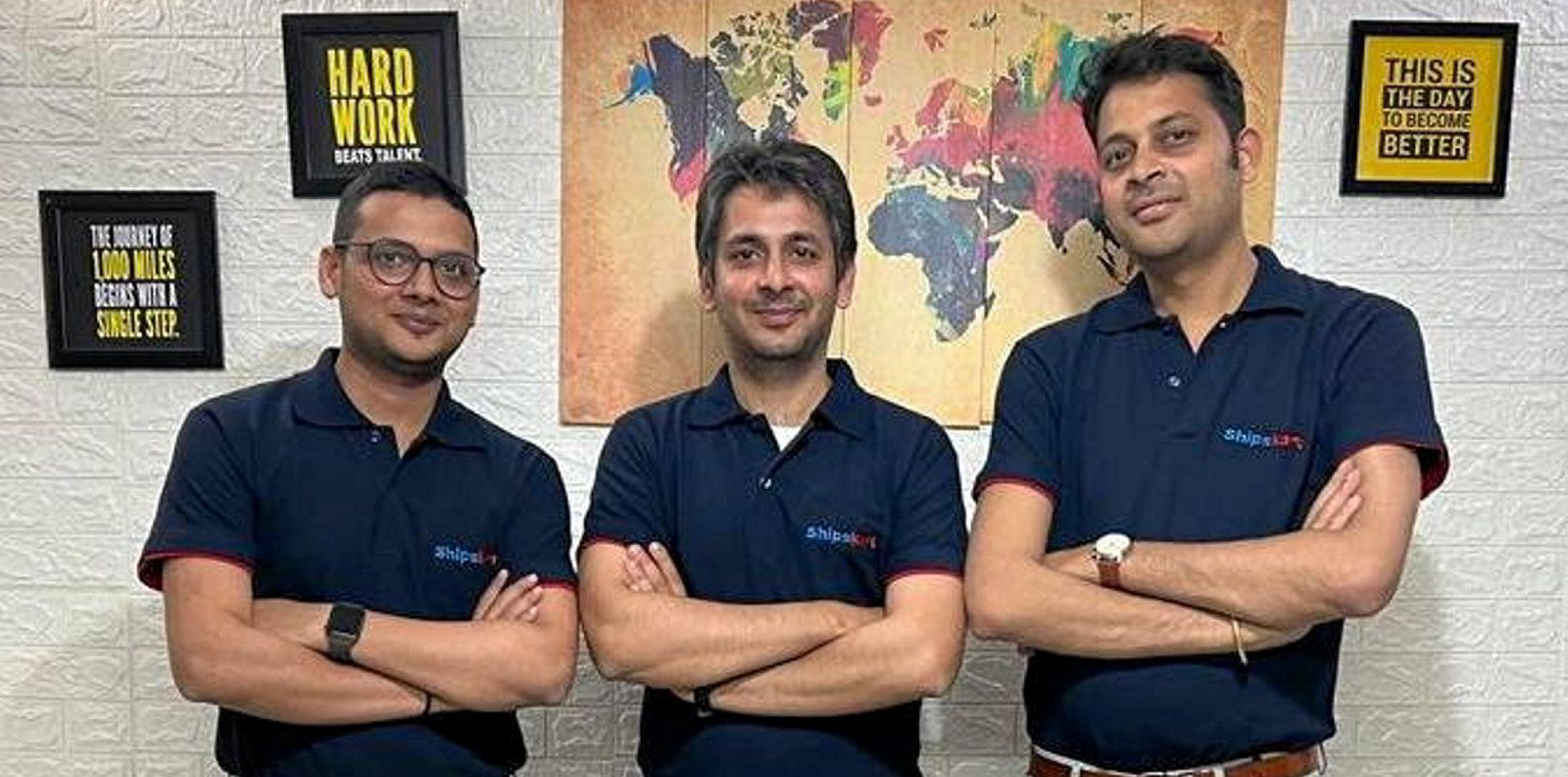Capital raising in the digital technology space in the maritime sector is so far living up to expectations for a record year, and the busy first five months so far show deals are getting bigger.
With the first half of the year still churning, the market has already seen two capital raises believed to be in the hundreds of millions of dollars, and digital freight forwarding firm Flexport started the year with a bang by returning to investors for another $935m.
Experts in the space see digital maritime and supply chain technology as hot markets because shipping’s high-profile challenges — from a supply chain crunch to increasing focus on sustainability — continue to provide opportunities for start-ups who can solve them and fuel interest from the financiers who fund them.
While a painful sell-off in the broader tech space is leading some to question whether that will filter down to shipping tech valuations, others in the sector remain bullish that those problems will remain in consumer-focused technology.
“It’s probably been, in terms of dollar value, the biggest period ever,” said Matthew Costello, chief executive of bulk commodities shipping-focused software service firm Voyager Portal.
But he told TradeWinds it might be harder for tech start-ups to raise money in the next six to nine months because of concerns over the possibility of a recession.
Two deals — one by Veson Nautical and another by Kpler — have shown that digital technology firms serving shipping can overcome the investability hurdles in the private equity sector if they have a customer base that delivers stable revenue.
“Investments are definitely getting bigger,” said Jochem Donkers, maritime technology specialist at consultancy Skysail Advisors.
He told TradeWinds that the private equity sector is typically looking for investments of at least $50m but ideally in the $200m range.
That followed a deal by US-based Veson Nautical, which provides software solutions to shipowners, operators, traders and charterers, that saw a “significant investment” from Francisco Partners in March. The figure has not been revealed but is believed to be in the hundreds of millions of dollars.
The company followed up by deploying its new firepower to take over rival Q88.

“It wouldn’t surprise me if Veson makes more investments — that they really start a bit of a consolidation round,” Donkers said, noting that consolidation is needed in the maritime tech space.
As the broader technology space remains under pressure amid recession fears, Donkers is not worried about maritime tech. Big technology companies whose valuations are being punished now are focused on consumers, whereas shipping will still need tools to optimise even in a slower economy.
In the venture capital world, maritime tech continues to be a strong draw for funding after a record 2021.
Voyage and vessel operations optimisation firm Nautilus Labs scooped up $34m in a Series B round led by Microsoft’s venture capital and climate funds, which is seen as a sign of robust investor interest in sustainability solutions.
Marina Hadjipateras, who is co-founder and general partner at New York venture capital firm TMV, said several pools of capital are continuing to invest in maritime tech, and she does not see that changing any time soon.
All valuations will be impacted in today’s market, but some of the stronger categories of tech firms will stay strong, she believes. That includes firms solving supply chain problems and those that make the industry more sustainable.
“Maritime tech is solving for much of this and so I believe interest will remain strong to invest in this sector over the next few years and beyond,” she said.
TMV, which was involved in Nautilus Labs’ funding rounds, has continued to be busy this year in seed funding, as it worked to deploy a $64m fund with supply chain tech firms on its shopping list.
The company, alongside Hermes Offshore, led a $2.5m Series A round for India’s ShipKart, which aims to be the Amazon of ship supply.
Chief executive and co-founder Dhruv Sawhney said the company aimed for investors with experience in the maritime industry. Some had ships, making them customers as well.
“If I can help my investors’ company with what I’m offering in the market, then there’s nothing better than that,” he said.





